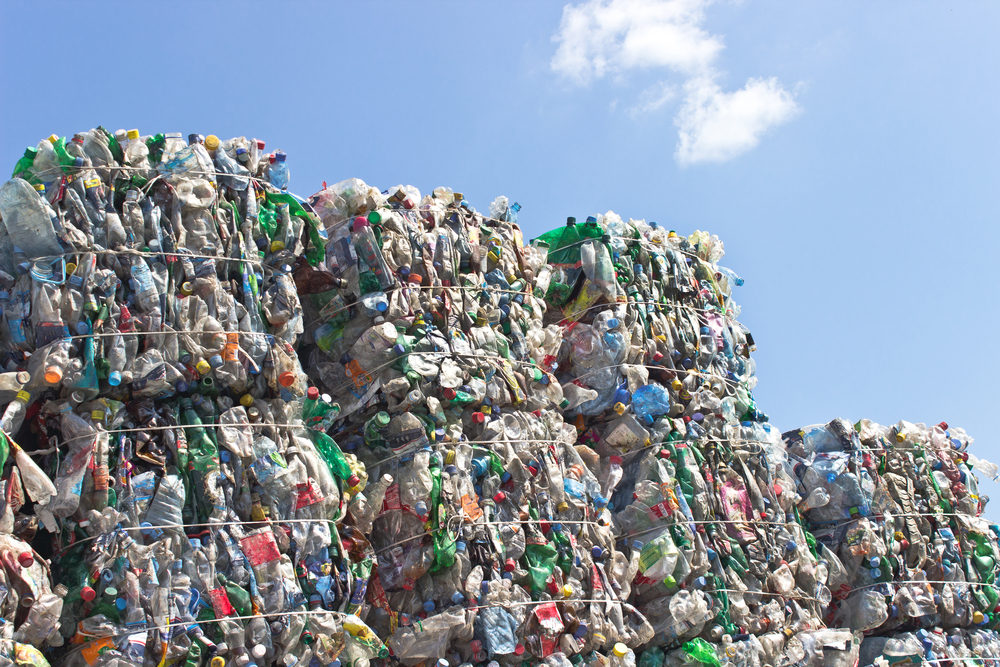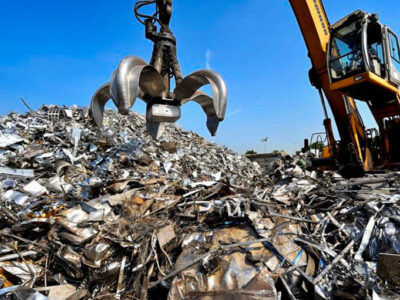
Among all types of consumer plastics, polyethylene terephthalate (PET) is arguably the most visible. We see it everywhere we go in plastic water bottles, juice and soda bottles, and on and on. Under the right conditions, recycling PET waste is quite doable. But will voluntary recycling efforts ever completely eliminate PET waste?
PET is a preferred plastic for tons of consumer products because it is so easy to produce and work with. It’s also fairly cheap. As such, completely eliminating it from U.S. manufacturing seems highly unlikely. Lawmakers would be hard-pressed to force manufacturers to go back to glass. Therefore, the only hope of eliminating PET waste is to get everyone to recycle it.
That may be easier said than done. Perhaps that’s why California is the only state with any semblance of regulations forcing manufacturers to use PET. And even at that, the California law is fairly new.
Two Halves of Recycling
The recycling equation has two halves regardless of the product at hand. The one half is turning in items so that they can be recycled. The other half is convincing manufacturers to purchase the recycled materials. It is that second half that causes so many problems for consumer plastics and the recycling efforts attached to them.
It costs a lot of money to recycle most consumer plastics. Between the human labor and the physical processes required to properly recover recyclable materials, doing so doesn’t make sense from a cost standpoint. It’s still cheaper to buy virgin plastic. By contrast, consider post-industrial plastic recycling.
Seraphim Plastics says that post-industrial plastic waste can be recovered more cheaply and efficiently. Because the waste is cleaner and more pure than its consumer counterparts, materials can be collected with very little need for separation. Their relative cleanliness also eliminates the need to put materials through energy-consuming wash processes. As for actual recycling, it is as simple as grinding or shredding the waste before repackaging it for sale.
Mandates Are an Option
One way to guarantee less PET waste is to issue government mandates. You require that all plastics be sent to recycling facilities. You require recycling facilities to find a way to reuse every plastic product. Finally, you require manufacturers to use a certain percentage of recycled materials in their products.
Mandates are certainly an option. However, they are a lousy option. For starters, there is a reason that recycling continues to fail at the consumer level. It simply costs too much to make it worthwhile. Mandating recycling of every plastic we produce would be an economic disaster for the mere fact that it would drive up prices on millions of consumer products.
Mandating that manufacturers use a certain percentage of recycled materials could also threaten the quality of their finished products. Recycled materials do not have the same integrity as their virgin counterparts, so product quality tends to diminish commensurate with the volume of recycled materials used.
In short, mandates rarely work as intended. They rarely produce the desired results. For recycling to work, it has to remain voluntary and there has to be a financial incentive.
A Problem in Need of a Solution
There is little arguing that we have a PET waste problem around the world. It is a problem in need of a solution. Will voluntary recycling ever be a viable solution? Perhaps. If industry is given the means and opportunity to come up with cost-effective recycling strategies, eliminating waste is very doable. But if we allow an inpatient government to force recycling by mandate, we will only be shooting ourselves in the foot.






